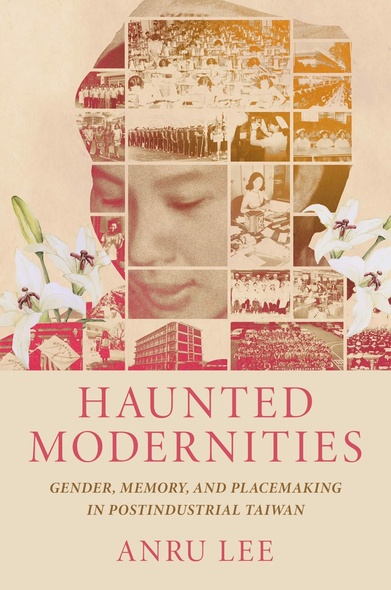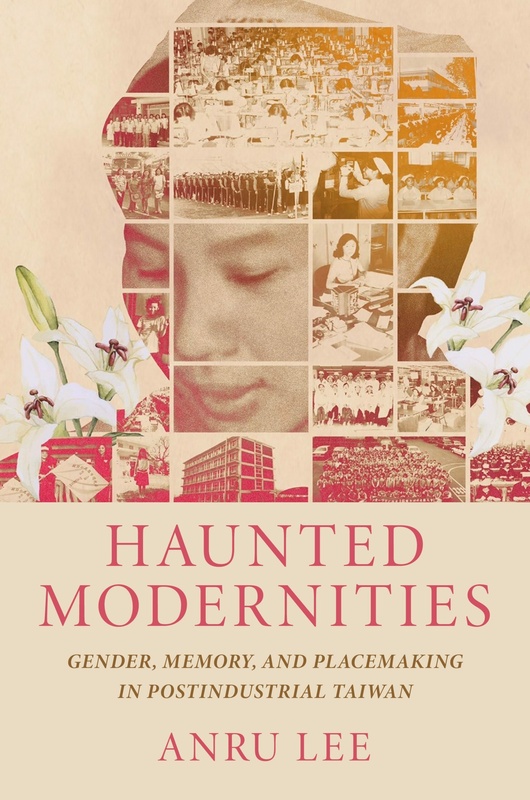
Haunted Modernities
Gender, Memory, and Placemaking in Postindustrial Taiwan
In 1973 twenty-five young women drowned in a ferry accident on their way to work in factories in Taiwan’s Kaohsiung Export Processing Zone. Their remains were recovered and interred collectively in what came to be called the Twenty-five Maiden Ladies Tomb. Without a husband’s ancestral hall where they would have been laid to rest, the spirits of these unmarried women were considered homeless and possibly vengeful, and so the Maiden Ladies Tomb was viewed as a place to be avoided—especially by young men traveling alone, fearful of encountering a female ghost searching for a husband. Over the years, numerous plans were made to revamp the tomb site; finally, in 2008, at the urging of local feminist communities, the Kaohsiung City government renovated the Twenty-five Maiden Ladies Tomb and renamed it the Memorial Park for Women Laborers.
Haunted Modernities interrogates the nature of shared expressions of history, sentiments, and memory as it investigates the role of these women and other female workers in the shifting public narrative during and after the Maiden Ladies Tomb renovation. By exploring the ways in which the deceased young women were perceived to “haunt” the living and the diverse renovations recommended, the book illuminates how women workers in Taiwan have been conceptualized in the last several decades. In their proposals to renovate the tomb, the interested parties forged specific accounts of history, transforming the collective burial site according to varying definitions of “heritage” as Taiwan shifted to a postindustrial economy, where factory jobs were no longer the main source of employment. Their plans engaged with acts of remembering—communal and individual—to create new ways of understanding the present. The Twenty-five Maiden Ladies Tomb as a heritage site elucidates how “history” and “memory” are not simply about the past but part of a forward-looking process that emerges from the social, political, and economic needs of the present, legitimized and validated through its associations with the past.
Anru Lee is professor of anthropology at John Jay College, the City University of New York.





